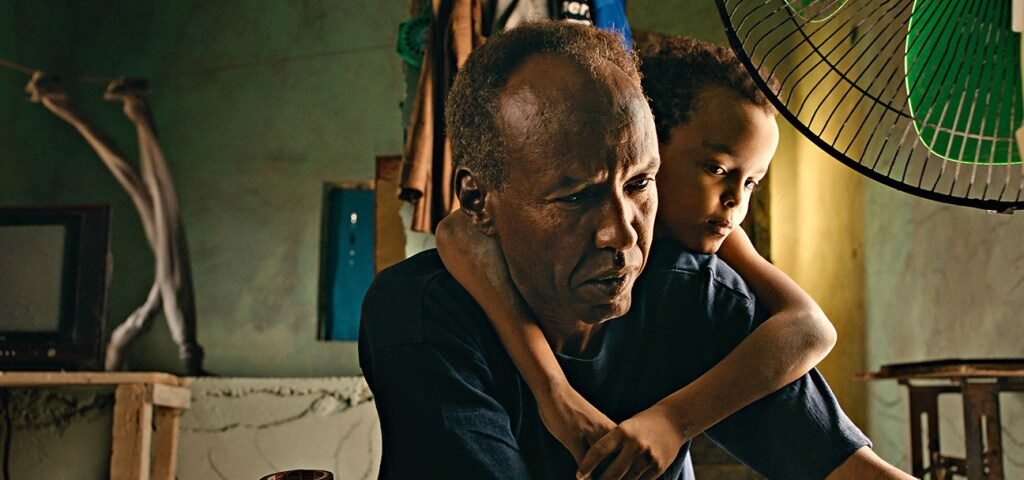


‘All We Imagine as Light’ Review: A Moving and Luminous Chronicle of Two Women Searching for Connection in Mumbai
May 29, 2024


‘Filmlovers!’ Review: Arnaud Desplechin’s Eloquent Hybrid Doc Celebrates the Audience Part of the Movie Equation
May 30, 2024In his Cannes-history-making feature, Somali filmmaker Mo Harawe portrays an ambitious family living under the threat of drone strikes and death.
The Village Next to Paradise
Uneven but affecting.
Mo Harawe’s debut feature The Village Next to Paradise is a haunting offering. The film, which premiered at Cannes in the Un Certain Regard section and is the first Somali film to ever screen on the Croisette, presents a compelling narrative of one family’s survival in a sleepy Somali town. But it’s the devastating backdrop against which their drama plays out that lingers long after the credits roll.
The fatal impact of contemporary warfare organizes life in Paradise village, a locale whose name seems more melancholic with time. Marmargade (Ahmed Ali Farah), a principal character in Harawe’s languorous film, makes money doing odd jobs, but one of his most lucrative gigs involves burying the dead. Some of the people for whom he finds a place in the sandy terrain died of natural causes, but many of them are victims of foreign airstrikes. When this business slows, Marmargade reluctantly smuggles a truck full of goods — the contents of which play a pivotal role later — to a nearby city.
The main narrative of The Village Next to Paradise revolves around the conflicting desires within this makeshift family. Marmargade lives with his sister Araweelo (Anab Ahmed Ibrahim), a recently divorced woman who wants to build her own tailoring shop. The two have the kind of fractious relationship resulting from years of mistrust. She thinks her brother should be honest with Cigaal instead of trying to trick the young one into going to school. Marmargade wants his sister’s financial support more than her advice. After she refuses to lend him the money for tuition, Marmargade makes a series of decisions that threatens all their livelihoods.
Harawe’s film contains many admirable elements. With its unhurried pacing and tender focus on a single family, The Village Next to Paradise recalls Gabriel Martins’ 2022 feature Mars One. And the way Harawe structures the film around a broader geopolitical conflict resembles the role the Chadian civil war played in Mahamet Saleh Haroun’s 2010 film A Screaming Man, which also premiered at Cannes. The cinematography (by Mostafa El Kashef) offers truly striking images that conjure up the ghostly atmosphere of this village without turning its people into caricatures for a Western gaze hungry for a particular kind of poverty porn.
But The Village Next to Paradise is also hobbled in places by its meandering narrative and occasionally wooden performances from Harawe’s cast of local nonprofessional actors. The sharpness of Harawe’s vision is dulled by a story that takes one too many detours before settling into itself. Characters with dubious relevance are introduced and then dropped, while ones who come to play crucial roles don’t get an appropriate amount of screen time.
Despite these flaws, Harawe’s film does have a real staying power. The Village Next to Paradise orients itself around a quiet optimism and surprising humor that mirror real life. There are moments throughout that serve as a reminder that even in places where death feels close, hope for tomorrow is still alive.





